 To look at Andre Dawson’s career is to see a player who ascended into the rarified air of baseball’s most accomplished players. He is one of five players to hit at least 400 home runs (438) and steal 300 bases (314), most notably for the Montreal Expos and Chicago Cubs, before his induction into the Baseball Hall of Fame in 2010. National League Rookie of the Year in 1977 and National League MVP in 1987 with eight All Star game appearances and just as many Gold Gloves, “The Hawk” was always a presence on major league fields.
To look at Andre Dawson’s career is to see a player who ascended into the rarified air of baseball’s most accomplished players. He is one of five players to hit at least 400 home runs (438) and steal 300 bases (314), most notably for the Montreal Expos and Chicago Cubs, before his induction into the Baseball Hall of Fame in 2010. National League Rookie of the Year in 1977 and National League MVP in 1987 with eight All Star game appearances and just as many Gold Gloves, “The Hawk” was always a presence on major league fields.
But when his college days began at Florida A&M University, Dawson was flying well under the radar, an undrafted, lanky outfielder from Miami who walked on at FAMU for legendary Head Coach Costa “Pop” Kittles and worked hard to earn a scholarship. His college career for the then-Division II Rattlers is earning recognition as Mr. Dawson will be inducted into the National College Baseball Hall of Fame as part of the 2019 class.
Florida A&M’s signature victories during Mr. Dawson’s time on campus (1972-75) included three wins in four games over the University of Miami, ranked number one in the country and in the early stages of building its program into a national powerhouse. Though college statistics are scant, record books show Mr. Dawson was among Division II leaders in doubles per game and slugging percentage.
He also partners with Major League Baseball to present the Andre Dawson Classic, which showcases HBCU baseball programs and airs on the MLB Network.
Black College Nines writer Douglas Malan visited with Mr. Dawson on September 19, 2019.
Could you please tell me more about your grandmother, Eunice Taylor, and her impact on your life?
She was a major influence as a kid growing up. She was more like a mother figure to me than my mother. My mother was like a big sister. Being the first and the oldest of seven other siblings, I had a responsibility growing up. So my mother had more of a sister relationship and my grandmother I always addressed as “Mamma.” What I can recollect most about her is being an advocate of education. She always stressed the importance of academics and how that would be a stepping stone to where you want to be in life. I have a lot of reasons why she meant so much to me.
I always conceived of a professional career. Growing up, baseball was the most important thing to me, outside of education itself. My senior year I tried out with the Kansas City Royals Baseball Academy. And my grandmother said, “You’re not gonna play baseball. You’re gonna go to college.” She made that specific comment. As a teenager, you don’t comprehend that the instructions made sense. I was one of about 60 kids who went to this tryout, and I was one of the few invited back for the third and final session. I was trying to figure out what am I gonna say to my grandmother in the event that I get selected for this academy. Fortunately, or unfortunately, I didn’t make it. I was wearing a knee brace because of a football injury my senior year and they said I didn’t run the 60 fast enough.
With college being the logical next step, what were you considering at that point?
I have two uncles who also attended Florida A&M, and that was going to be my first choice. One of the scouts (at the Royals academy) was associated with Florida State University and made the recommendation that if I wanted to pursue the game at the next level, then make the effort to apply for financial aid at Florida State and go out for the baseball team. My thought at the time was that you could get financial aid probably anywhere. Why would I want Florida State to be the choice, especially when Florida A&M was right across the train tracks?
My high school coach (Coach Comeau) and I had gone to the University of Miami and to Miami-Dade junior colleges, both north and south campuses, and no one was offering a scholarship. I went ahead and applied for a grant and financial aid from Florida A&M University and went out for the team. My roommate (Cokes Watson) and I both went out for the team that fall as freshmen. I was told by one of the assistant coaches that he would talk to the head coach (Pop Kittles) and he said he liked what he saw. He was going to attempt to get me on a partial scholarship, which is what they did. I made the starting lineup as a freshman and I was eventually given a full scholarship.
What was it like playing for Pop Kittles?
He was more like a father figure. Pop did the same thing (as Mamma). He addressed the classroom first. He believed in a diligent work ethic. He was a joy to work with and play for. He had a humorous side to him also where he kept things in a fun-filled environment, but at the same time, it was business when you stepped out on the playing field.
Did you play with a bit of chip on your shoulder because no one offered a scholarship or because scouts said you weren’t fast enough?
No, I think there’s only a game or so where I played with a chip on my shoulder and I don’t know if I’d call it a chip. It was just a little bit different energy and enthusiasm. That was when we played the University of Miami. We were on their schedule because they were playing Florida State in a three-game series. We were a throw-in on the schedule, and we played a doubleheader against them (Ed. Note: And swept it!) after that series. That was an exciting moment and something I looked forward to. I actually grew up three blocks from the University of Miami. Knowing that opportunity didn’t present itself (to attend the university), it ignited me to really want to do well in those series.
Florida A&M was Division II at that time, playing in the SIAC. Were you mainly playing other HBCUs besides your games against Miami and Florida State?
 We didn’t actually play Florida State until my junior year, I don’t think. We played Miami in back to back years. We might’ve played Wright State. We played teams that would come down for the winter, those colder climate states. For the most part, we played Alabama State, Bethune-Cookman, Clark College, Morehouse, Alabama A&M, North Carolina A&T.
We didn’t actually play Florida State until my junior year, I don’t think. We played Miami in back to back years. We might’ve played Wright State. We played teams that would come down for the winter, those colder climate states. For the most part, we played Alabama State, Bethune-Cookman, Clark College, Morehouse, Alabama A&M, North Carolina A&T.
1974 was the first season of aluminum bats in college baseball. What was your experience with a metal bat leading up to that season and then afterward?
I didn’t really think any different. Of course, you had to get used to the sound change. In high school, we didn’t use metal, we used wood. I did feel the ball came off the bat a little bit differently. Did it help me? I would say, maybe, yes it did. But I was having success very early on that vaulted me to a starting position as a freshman. I was more focused on work ethic and trying to stay in the lineup every day than worrying about how the ball was traveling off the bat. For me, it was more so about the feel of the bat in my hands than what the bat was made of.
You mentioned you beat Al Holland of North Carolina A&T one year. Were there other games or other players that stood out to you during those years?
Yeah, and some of them were drafted. You could sense and get a feel for each team and who was probably the premier player on the team. Tuskegee University was probably one of our tougher competitors. They had a pitching staff that consisted of two guys that we consistently faced when we played them. One was William Free and the other one was Roy Jackson, who pitched in the Majors for 10 years. He was good. He had a combination of fastball, breaking ball and pitched around the plate and I think that’s what got him to the big leagues. Al Holland, of course was probably one of the harder throwers we faced in college.
There was a game against Valdosta State that you mention in your autobiography, one filled with a lot of racial tension. Can you tell us more about that game?
Valdosta State was a predominantly white school. It wasn’t a long trip for us from Tallahassee, but it was a different environment, different type of a setting. Competitive-wise, we seemed to have a better program, even though we were a younger team. It was just business as usual, as far as we were concerned, as far as Coach Kittles was concerned. It wasn’t until an incident occurred with our shortstop and one of their baserunners. We kinda saw the divide and the tension starting to build between the two teams. Then we were informed by the police at that time that we only had about a half-hour to an hour to get out of town. And Pop Kittles being as funny as he usually is, he just made a comment, “You heard what the officer said. Get on the bus. Let’s go.” We didn’t even finish the game. That was the only time we played them.
What was campus life like? You had a dorm room that overlooked where The Marching 100 practiced regularly. That must’ve been a treat.
 Oh, yeah. For whatever reason, I always wanted to be a drum major because I just liked that character, being out front, having a dance routine and leading The Marching 100. I kinda emulated that when I was a kid when Florida A&M would come to Miami for the Orange Blossom Classic. I felt going to Florida A&M, well I wonder if I could be a drum major. And I remember making the comment to Coach Kittles one time my freshman year. He said, “What are your aspirations here?” And I said, “Well, I really want to be a drum major.” And he said, “OK, get in line.” So that was kinda out the window. The field where they practiced, you could see it right outside my dorm room. I lived on campus in a dorm all three years. For me, I felt like it was convenient and easy to get to class. You got to be around the friendships on a consistent basis.
Oh, yeah. For whatever reason, I always wanted to be a drum major because I just liked that character, being out front, having a dance routine and leading The Marching 100. I kinda emulated that when I was a kid when Florida A&M would come to Miami for the Orange Blossom Classic. I felt going to Florida A&M, well I wonder if I could be a drum major. And I remember making the comment to Coach Kittles one time my freshman year. He said, “What are your aspirations here?” And I said, “Well, I really want to be a drum major.” And he said, “OK, get in line.” So that was kinda out the window. The field where they practiced, you could see it right outside my dorm room. I lived on campus in a dorm all three years. For me, I felt like it was convenient and easy to get to class. You got to be around the friendships on a consistent basis.
Did you get involved in any clubs or fraternities?
No, I didn’t believe in the fraternity thing because I saw what some of those guys had to go through. How they’d come to class and always be sleeping in class. You know, no facial hair, even though I didn’t have any facial hair, but they had to shave. And then some of things they talked about that they had to participate in. I knew immediately that wasn’t something I wanted to be in.
Your Uncle John Taylor helped you transition into college life, too, didn’t he?
Yeah, he was there my freshman year. He was going to Florida A&M to take some postgraduate classes. I caught the bus up my freshman year. I admit that I was homesick. We went through the freshman orientation process and we had three days before classes were to start. I don’t know, maybe he sensed I was kinda missing home a little bit. He bought me a plane ticket to fly home and spend the weekend at home and then fly back Sunday evening. He was actually my roommate during the time he was there. That was a good thing. That helped me make the transition and made the process a lot easier – the fact that he was there and I had the opportunity to get back home. I was able to move forward and deal with the life of being away from home.
Do you get back to A&M’s campus?
 I’ll get back during Homecoming. It’s tough for me during the baseball part of it. In March, there’s a tournament A&M puts on, but that’s tough for me because I’m working with the Cubs during Spring Training. That’s tougher for me to get away. The times I like to get back to campus are during Homecoming. You get the likes of everybody there. It’s a terrific week.
I’ll get back during Homecoming. It’s tough for me during the baseball part of it. In March, there’s a tournament A&M puts on, but that’s tough for me because I’m working with the Cubs during Spring Training. That’s tougher for me to get away. The times I like to get back to campus are during Homecoming. You get the likes of everybody there. It’s a terrific week.
Douglas Malan is a journalist and visual artist living in Connecticut. His works include short stories, poetry and books. Among the books Malan has authored includes the children’s book, Let’s Go To The Ballpark!


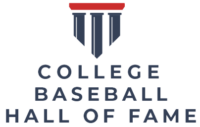
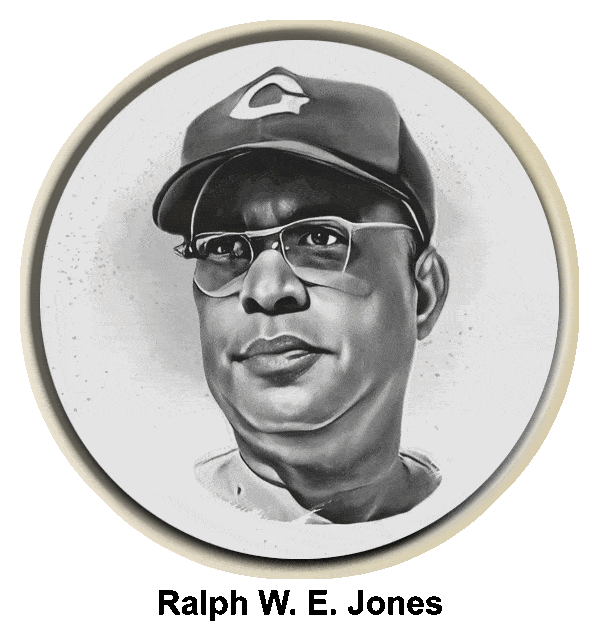





















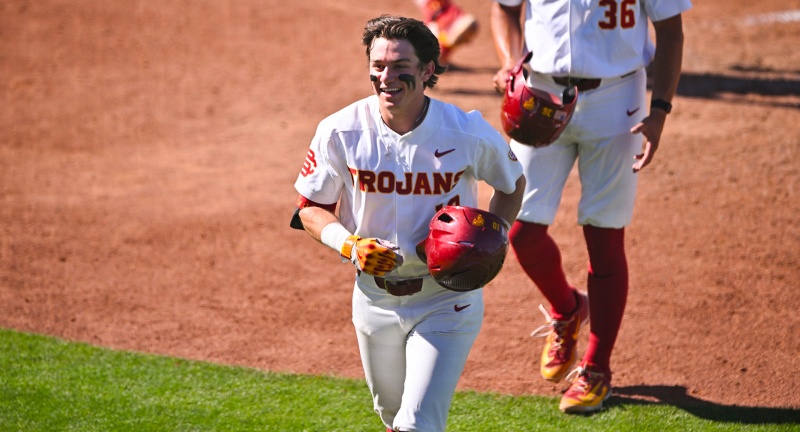

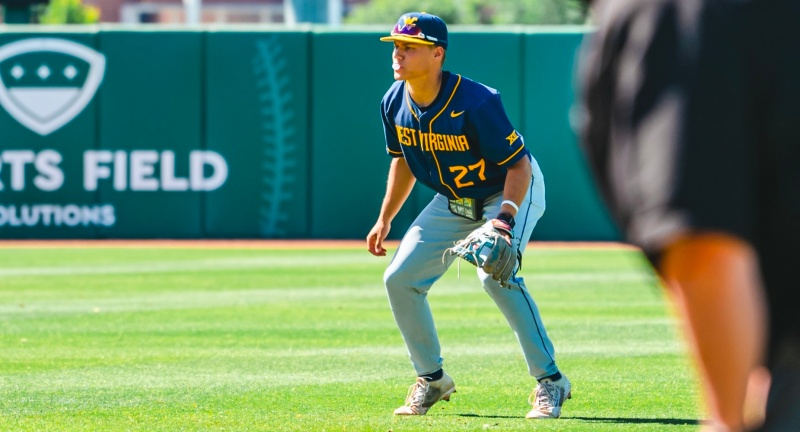






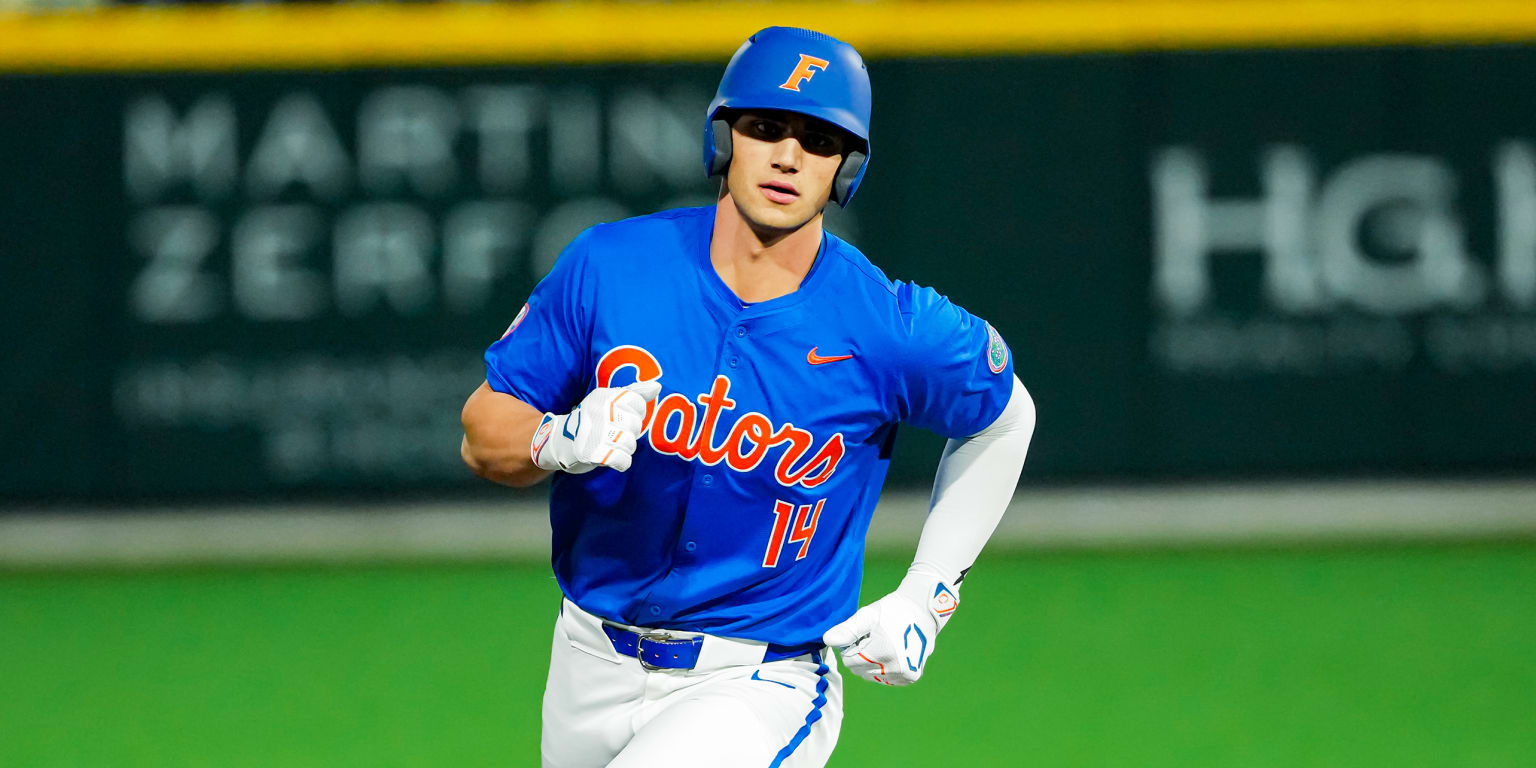
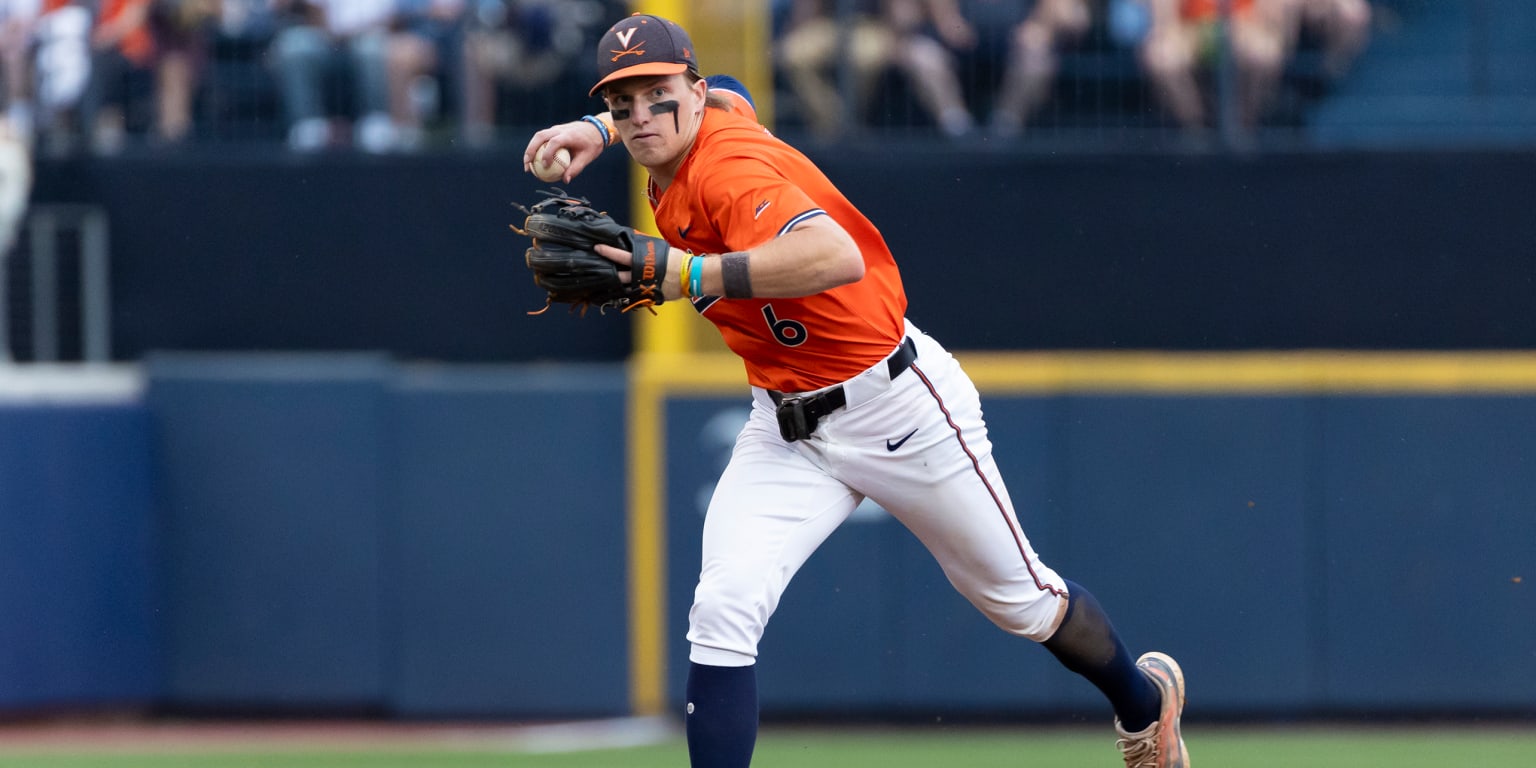
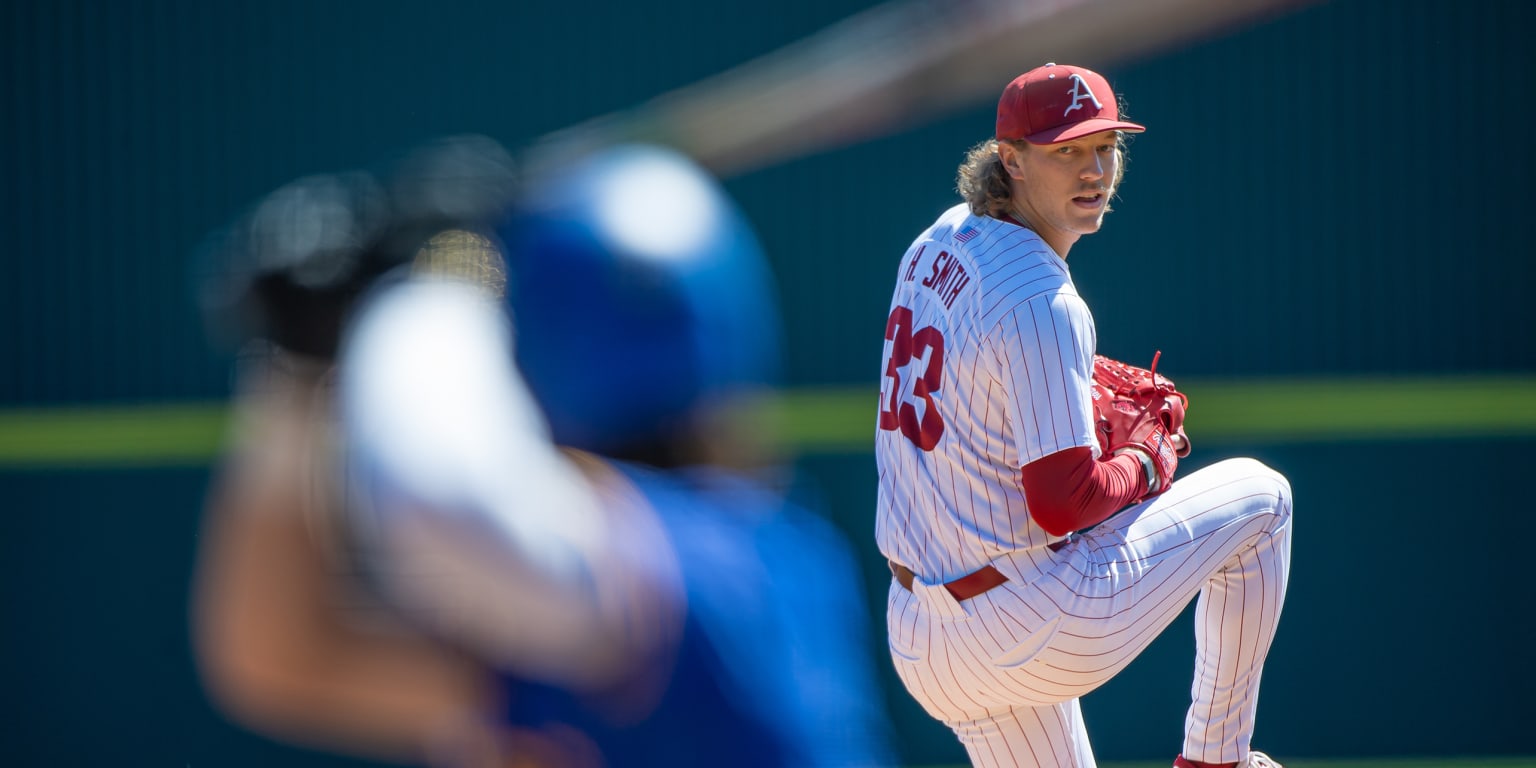
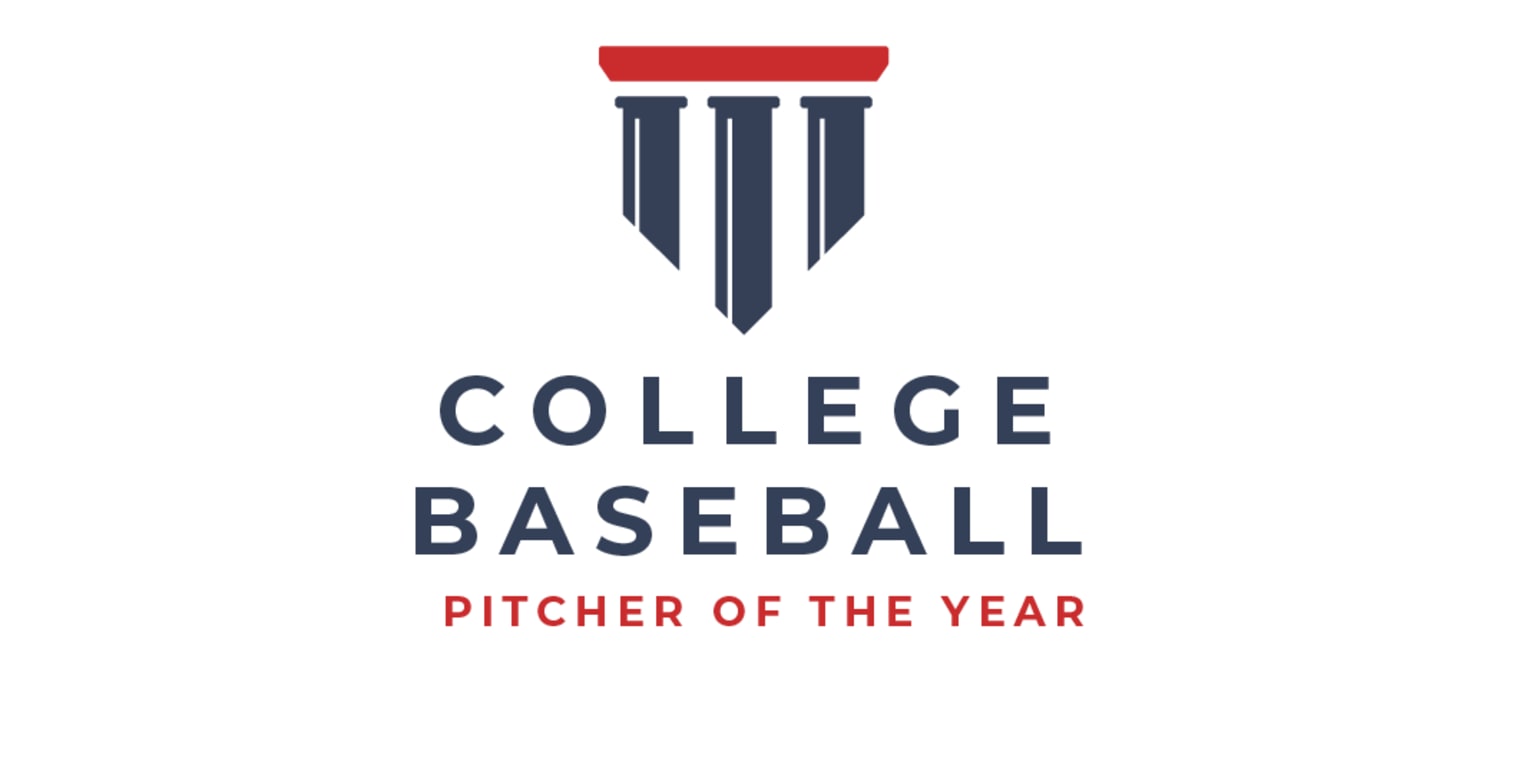

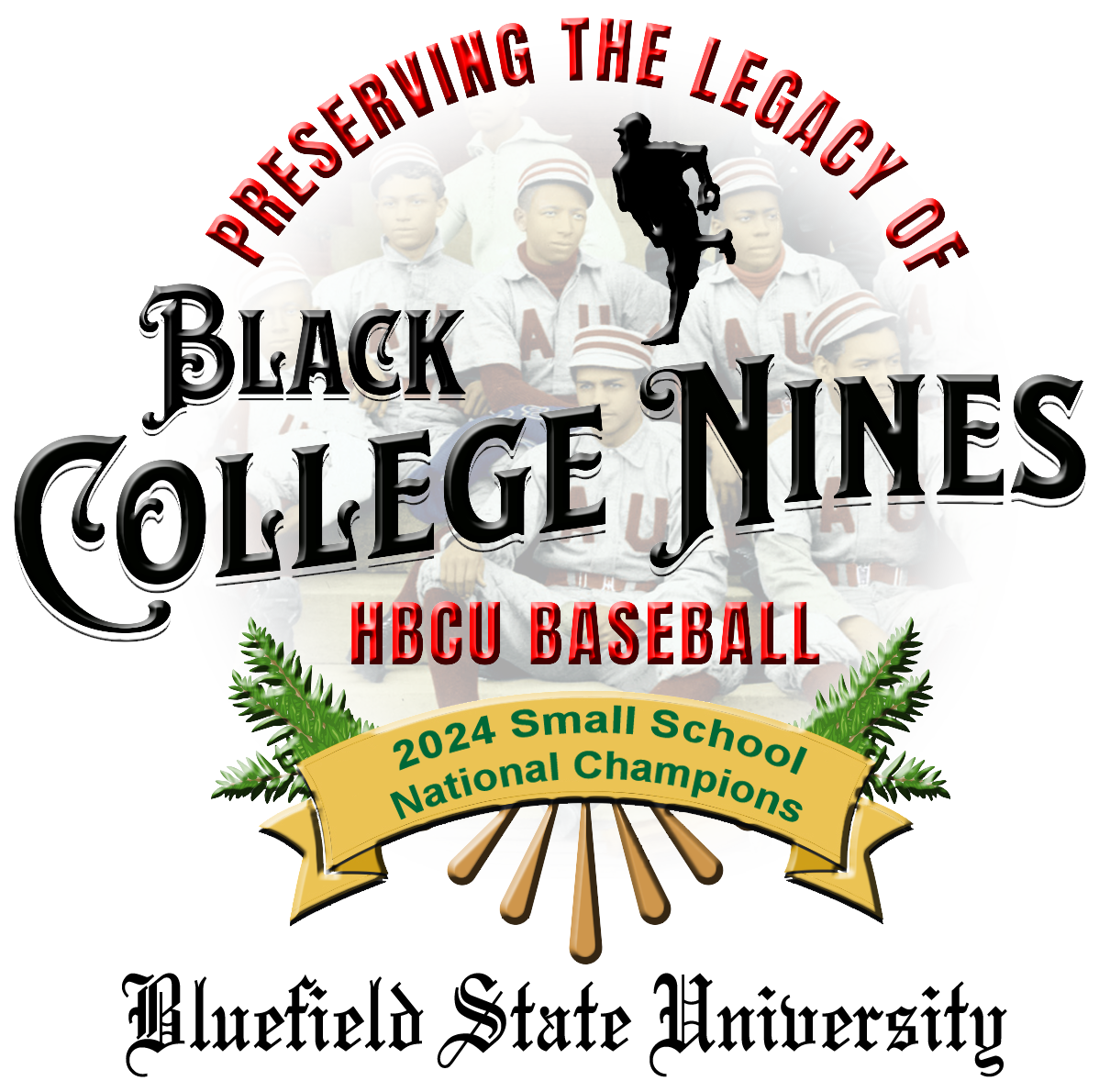







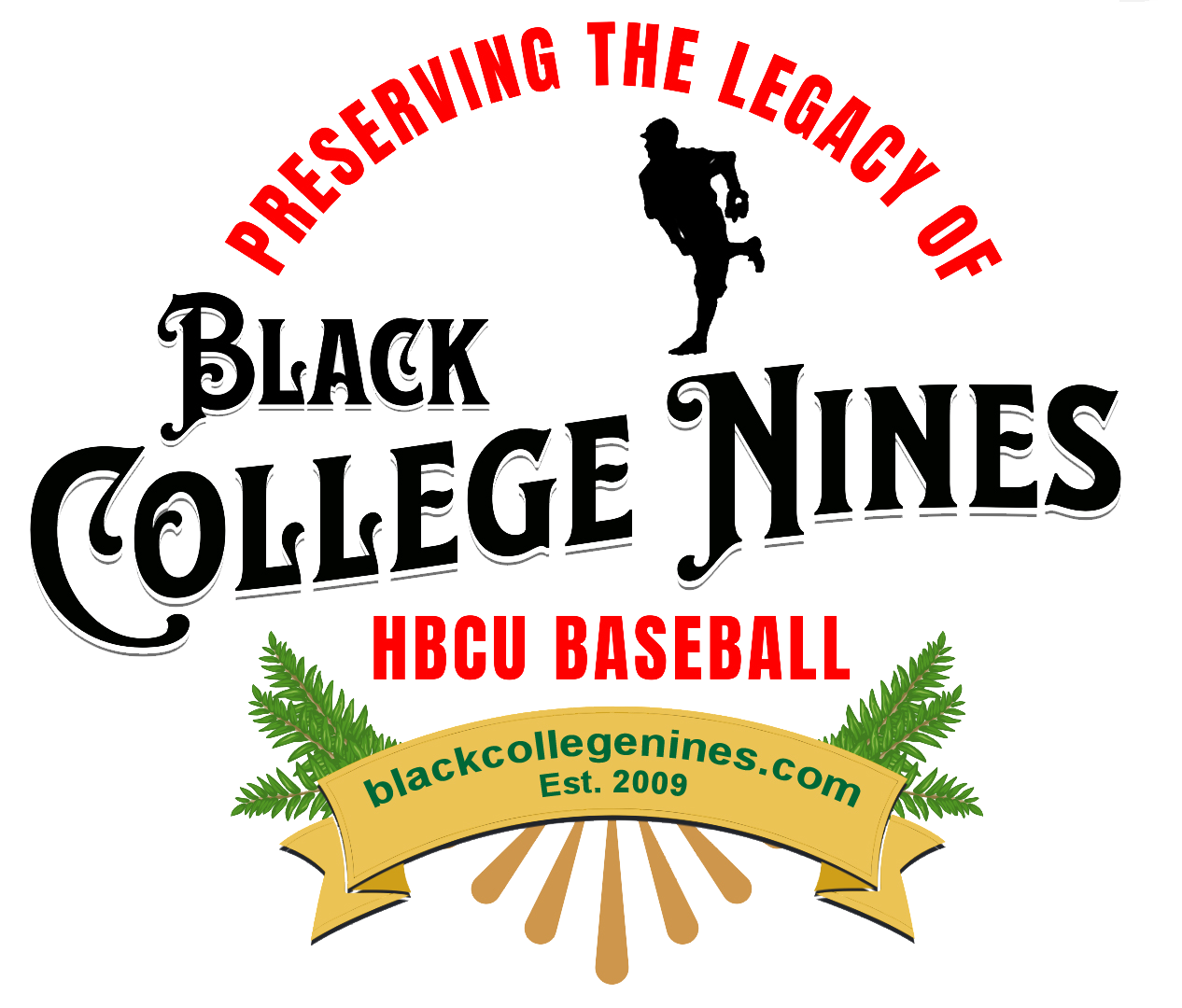
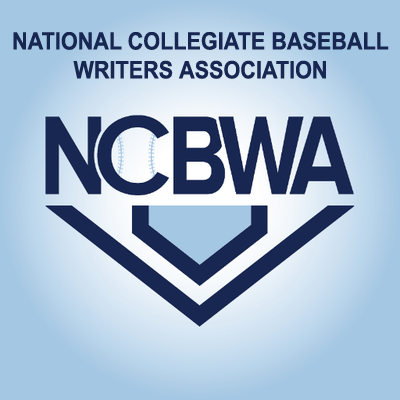
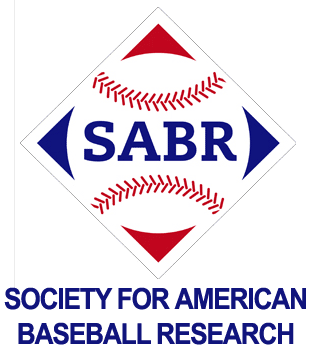
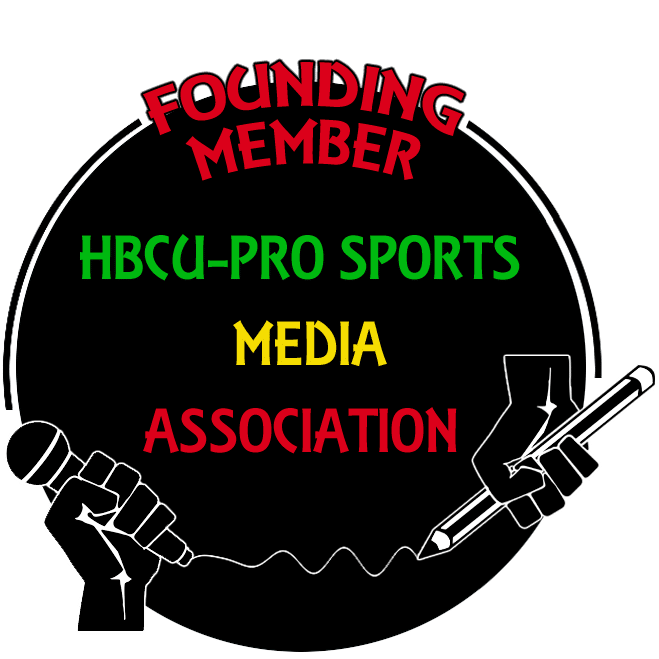

Very nice article. I was there when Andre arrived at FAMU. The most serious teammate I’ve ever had the opportunity to play with. Straight raw talent. I was good, but he was exceptional and didn’t know it. He play left I played center. We both enjoyed the experience of beating down Miami while they were ranked #1. It’s always a pleasure to speak with him. Two weeks ago I was enshrined into FAMU Sports Hall of Fame.
O’Yea, Al Holland was something else.
Tony Bell